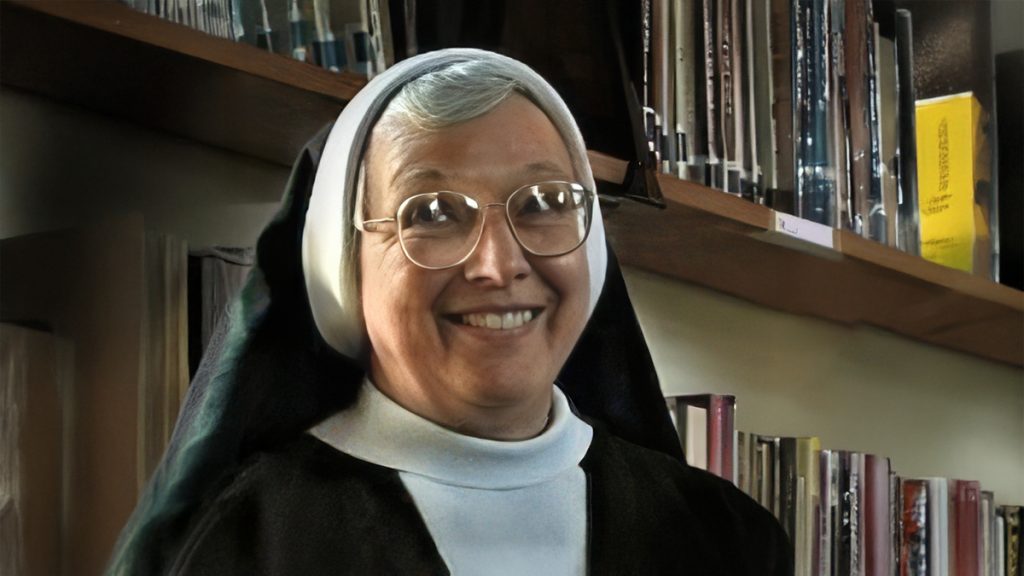Synodality is often described as “walking together” as a Church. It invites us to journey in communion, listening and discerning as a community.
Theologians, such as Paul MacPartlan, remind us that it is the Eucharist that makes the Church.
But how do we understand the Eucharist today? Are we open to fresh insights and new ways of living it out, especially in this time of synodality?
As St Paul writes in 1 Corinthians 10:17, “Because there is one bread, we who are many are one body, for we all partake of the one bread.”
This is usually taken as referring only to the liturgical celebration of the Eucharist. But could it also point to broader ways of sharing?
A friend returning from a Eucharist-focused theological weekend was delayed by a fatality on the train line.
Hot and frustrated, nine passengers – Muslim, Hindu, atheist, and various Christians – were crowded into a guard’s van.
Tempers flared until my friend suggested, “Instead of grumbling, how about we say a prayer for the person who died?”
The very diverse group hesitated but eventually agreed.
They settled on the Lord’s Prayer and prayed together.
The atmosphere shifted. People began talking to each other.
Someone passed around bottles of water.
Another offered sweets.
They shared stories of where they were headed.
My friend described her weekend, and someone asked, “What is this Eucharist?”
“Well,” she replied, “it’s us sharing food and drink together and being grateful.”
In that simple act – praying together, sharing what they had, listening to one another – they experienced a form of Eucharistic communion.
Living synodality opens us to surprises: moments when God reveals communion in the most unexpected places.

- Patricia Rumsey is the Abbess of a Poor Clare monastery. She has an MA and a PhD in Theology from the University of Wales, Lampeter, UK. She has written and published on liturgy and early Irish monasticism and has lectured in England, Ireland and Scandinavia.

